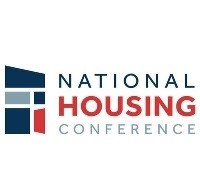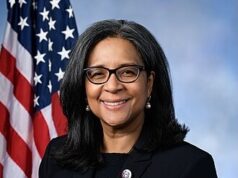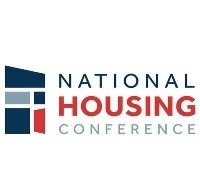EPA Approves Revisions to Pueblo of Pojoaque Water Quality Standards
DALLAS – December 18, 2015 – (RealEstateRama) — The U.S. Environmental Protection Agency (EPA) approved revisions to the Pueblo of Pojoaque’s water quality standards. The Clean Water Act revisions included revised aquatic life criteria and updates to technical references. The Pueblo, located in New Mexico, protects public health and aquatic life for the area that includes the Rio Pojoaque, Rio Tesuque, and Rio Nambe water bodies.
“The Pueblo of Pojoaque is preserving ecosystems that are essential to tribal lands,” said EPA Regional Administrator Ron Curry. “The Pueblo’s leadership will strengthen its ability to restore and maintain its water resources.”
Under the Clean Water Act, a tribe must be federally recognized, have a governing body, jurisdiction and capability in order to administer a water quality standards program. In 1996, EPA approved the Pueblo’s application to administer the water standards program and approved the water quality standards. In Sept. 2015, the Pueblo held a public hearing on its proposed revisions to the standards and notified neighboring tribes, state agencies, federal agencies and local authorities of the opportunity to comment on the proposed standards.
The goal of the Clean Water Act includes restoring and protecting the chemical, physical and biological integrity of the nation’s waters. Water quality standards established under the Clean Water Act set the tribe’s expectations for reservation water quality. These standards also serve as water quality goals for individual surface waters, guide and inform monitoring and assessment activities, and provide a legal basis for permitting and regulatory pollution controls.
For information on federally approved water quality standards adopted by Indian tribes and states, please visit: http://www.epa.gov/wqs-tech
On November 8, 1984, the EPA issued its Policy for the Administration of Environmental Programs on Indian Reservations. In doing so, the EPA became the first federal agency to adopt a formal Indian policy to guide its relations with tribal governments in the administration of its programs.
Connect with EPA Region 6:
On Facebook: https://www.facebook.com/eparegion6
On Twitter: https://twitter.com/EPAregion6
Activities in EPA Region 6: http://www2.epa.gov/aboutepa/epa-region-6-south-central
Contact Information: Joe Hubbard or Jennah Durant at 214-665-2200 or

















